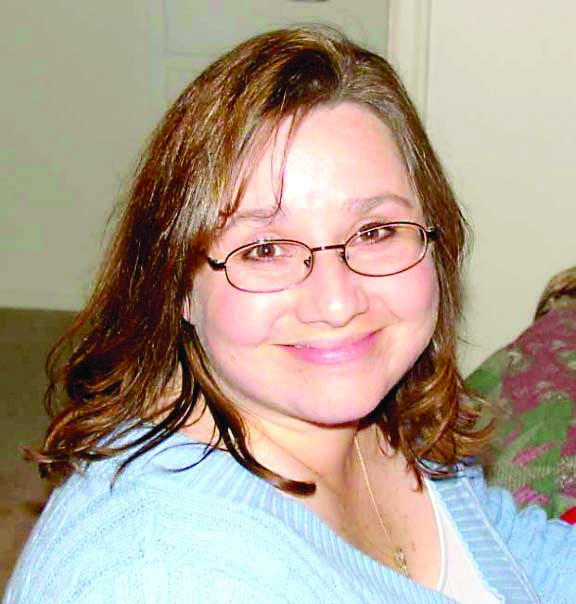Rowley donates stem cells to sister
Cancer: a plague to the human race, and leaves desolation in the hearts of those who have lost loved ones to the daunting battle. Erin Rowley, USU Eastern’s Academic Records Office staff is trying to save not only herself, but her family from the heartache known to many.

This archived article was written by: Beth Liddell
Cancer: a plague to the human race, and leaves desolation in the hearts of those who have lost loved ones to the daunting battle. Erin Rowley, USU Eastern’s Academic Records Office staff is trying to save not only herself, but her family from the heartache known to many.
Rowley’s sister Leigh, who had taken residency in Farmington, NM, recently relocated to Houston along with her husband Richard Pierce, their daughter Kylie Tiller and grandson Kysan Tiller for treatment. As a full-sibling match for her sister, Rowley traveled to Houston to embark on a life-changing journey in hopes of saving her sister’s life.
“I was in Houston for the process to donate lifesaving stem cells to my 38-year-old sister Leigh Pierce who was diagnosed with Myelodysplastic Syndrome (MDS) late last year.” Myelodysplastic syndromes, formerly known as preleukemia, are a diverse collection of hematological (blood-related) medical conditions that involve ineffective production (or dyplasia) of the myeloid class of blood cells. In other words, MDS is “a rare blood disorder that occurs when the blood cells in bone marrow do not develop properly.”
Once in Houston, Rowley visited the University of Texas MD Anderson Cancer Center for a process called Apheresis. Apheresis is the process where healthy stem cells are extracted from the donor, cleaned out of the blood and then the blood minus the stem cells is returned to the donors system. The stem cells are then transferred to the patient with cancer.
The transplant was done on Oct. 16, 2012. She is doing well, but still feeling the effects of the chemotherapy she has undergone in preparation to receive Rowley’s cells in the transplant.
“We would like to encourage everyone to visit BeTheMatch.org for more information on blood cancers and disorders and to get information on how they can help be the match and save a life. I would like to thank the staff, faculty, students and administration at USU Eastern for all of the support in my absence of nearly a month and since my return. My family feels very blessed that I am a full 100-point match for this process. We are very hopeful she will go into full remission.”




